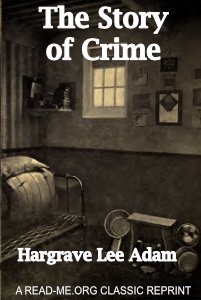BY FRANK GRAZIANO
Providing an account of political repression in Argentina, this book takes as its theme the intersection of religion, violence and psychosexuality as they relate to the desire for power and to the myths and rituals manifesting that desire.
Avalon Publishing, Jun 4, 1992 , 328 pages





